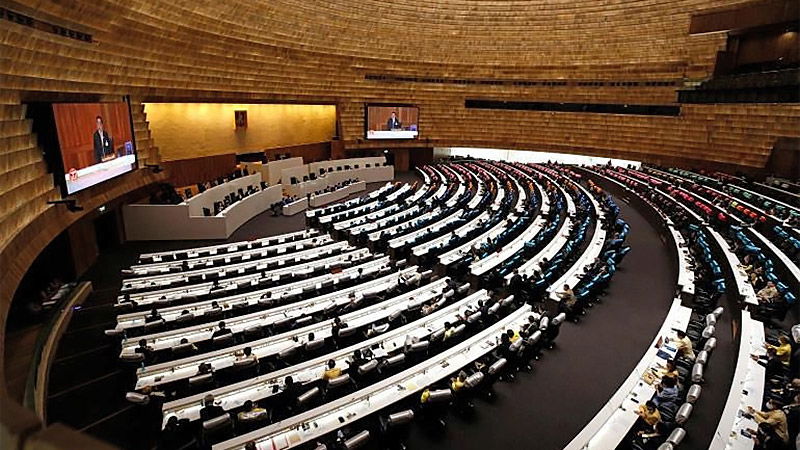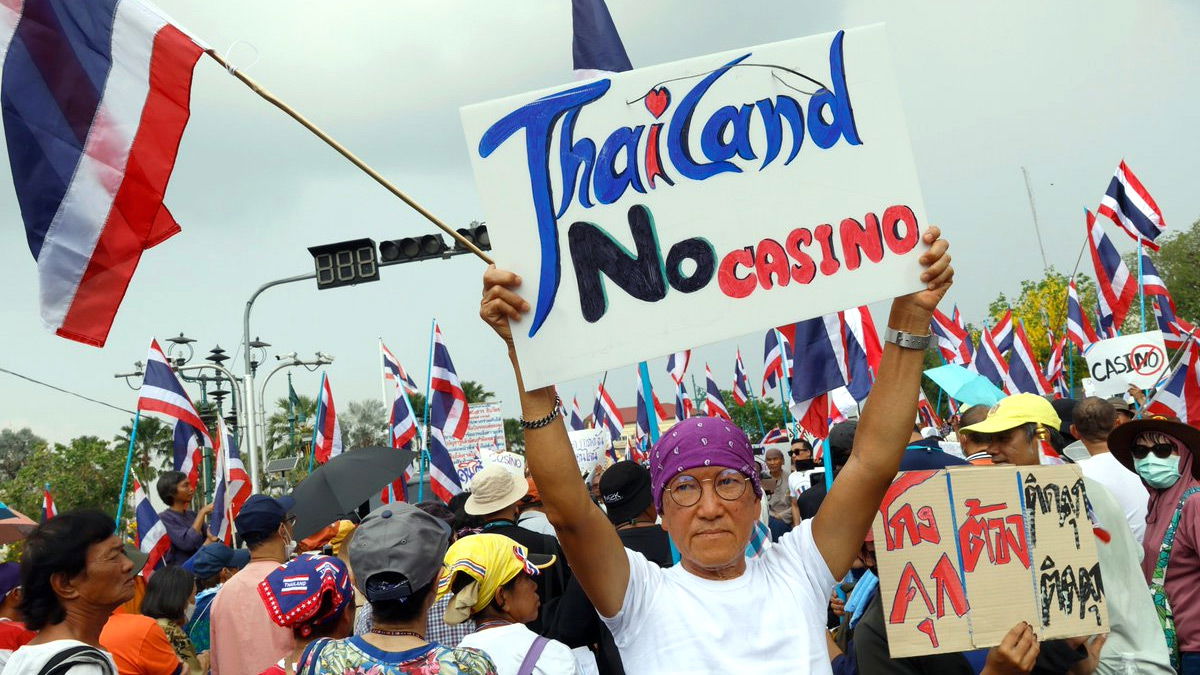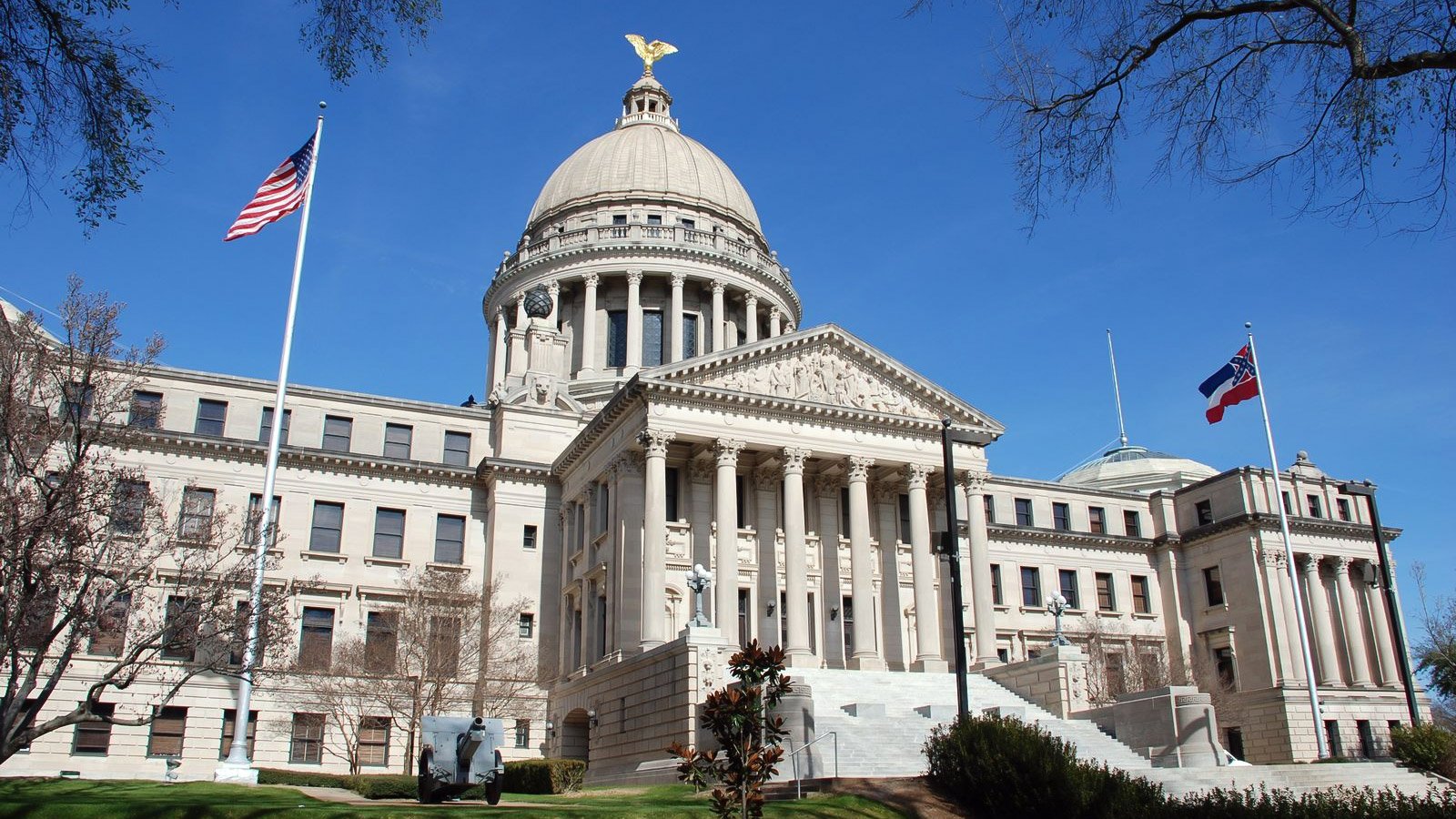Thailand weighs casino bill delay amid political uncertainty

The Thai government is set to decide Monday whether to withdraw or delay its proposed Entertainment Complex Bill, which would legalize casino gambling as part of a broader plan to attract tourism and economic investment.
The bill, previously scheduled for urgent consideration during the current parliamentary session, is being reevaluated in light of recent political developments, including a cabinet reshuffle and the suspension of Prime Minister Paetongtarn Shinawatra by the Constitutional Court.
Chousak Sirinil, Minister of the Prime Minister’s Office, said that while formal withdrawal typically requires a House resolution, the measure could be pulled immediately if there are no objections from lawmakers.
Sirinil added that the government is reassessing the timing and approach to the casino bill, citing the need for further deliberation under the current political climate.
Senate committee raises transparency issues
A Senate committee chaired by Weeraphan Suwannamai has identified 12 areas of concern regarding the legislation. These include the project’s financial framework, legal justifications for selecting Klong Toey Port as a proposed development site, and the process for issuing casino licenses. Questions have also been raised about whether the bill implies pre-approval of five casino sites and whether its land use provisions comply with existing expropriation laws.
Senator Weeraphan indicated that the government may be withholding key information. A representative of suspended Prime Minister Paetongtarn has been invited to appear before the committee on July 17 to respond to these concerns.
Among the central questions is whether projected casino revenues are fundamental to the financial viability of the entertainment complex strategy. The committee is also seeking clarity on restrictions limiting casino access to Thai nationals with savings of at least ฿50 million—a provision critics say favors high-net-worth individuals.
Political instability delays progress
The bill’s status has become increasingly uncertain following the court-ordered suspension of Prime Minister Paetongtarn. The Constitutional Court is currently reviewing allegations that she violated ethical standards after an unauthorized phone conversation with Cambodia’s former leader Hun Sen was released, in which she was heard criticizing the Thai army and appearing to align with Hun Sen.

Deputy Prime Minister Anutin Charnvirakul is expected to assume a caretaker role. A no-confidence vote could follow, especially after the departure of a key coalition partner weakened the ruling bloc’s parliamentary majority.
In the interim, Deputy Transport Minister Manaporn Charoensri confirmed that internal discussions are ongoing, particularly with Deputy Finance Minister Julapun Amornvivat, who oversees the proposed legislation.
While the bill is part of a broader economic and tourism initiative, public opinion remains divided. Civil society groups and opposition lawmakers argue that the proposal lacks clarity on regulation and does not adequately address illegal gambling concerns.
The government has now shifted legislative focus to advancing an amnesty bill, suggesting that the casino legislation may be postponed until political conditions stabilize.
As discussions continue, the future of Thailand’s Entertainment Complex Bill remains uncertain, with transparency, legality, and timing still under scrutiny.
















